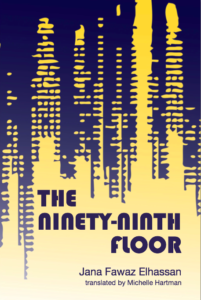Translated by ALICE GUTHRIE
Adam
As broken as a venial sin,
and as weary as the last to be created (or the first),
he looked to the sky, now become his ground.
Once he’d learned about naming and questioning, and saw what he saw of the blue corridors of space, he asked himself:
I wonder what the Throne is?
Did the Throne of the Almighty exist before water, or arise after water? And what is water, anyway?
Despairing, he smacked the trunk of the tree he was sitting under.










